Chapter 52: The Lion Rampant
Chapter 52: The Lion Rampant

The flag of Iran
The aftermath of the Collapse of the UOCS was a great time to be Iranian. The nation reclaimed the province of Azerbaijan, long held by Russia from the 19th century after several wars between Russia and Iran had concluded in favor of the former. While some Azerbaijanis were unhappy to be shuffled from one empire to another, the majority of people were happy enough to escape Russian oppression to be ambivalent or pro-Tehran. The influx of Iranian capital to the region was also helpful, as investment created jobs and stabilized living standards. Of course, the reclamation of this old province did much to bolster morale at home, and the 1970's saw a wave of optimistic patriotism across Iran.
Meanwhile, in Central Asia, the Iranians had gained an honest to God sphere of influence. The Iranian Royal Army occupied the region for 4 years before allowing free and fair elections to be held. The results were wide and varied, from moderate Islamist parties in Kazakhstan and Turkmenistan, to liberal democrats in Tajikistan, and even socialists in Kyrgyzstan and Uzbekistan. Regardless of where the parties fell on the ideological spectrum, all of them embraced Tehran as a benefactor. In return for economic aid and a continued commitment to democracy, the Iranians would get first dibs on the various nations' oilfields, and would be allowed to build air bases. The military bases were part of an Americo-Iranian stratagem to contain an increasingly bellicose China. This suited the peoples of Central Asia just fine. If China managed to gain sway, there was a strong chance that they would essentially be reduced to vassal status. Iran generally left her sphere alone as long as certain limited conditions were met. This arrangement was infinitely preferable for the Central Asian nations, who did not wish to be tyrannized by another massive nation.
While Iran was busy extending its grip abroad, the Shah was also at work loosening America's grip on his own nation. Iran had long been somewhere between a client state and an ally. In view of Iran's growing power and confidence, it seemed like the right time to push for a move towards true ally status. The Iranian and American governments entreated for months, and the Shah met Nixon in his court in Tehran. To his surprise, Nixon was rather open to the idea, and the two worked in tandem with their legislatures and governments to loosen the American grip on Iran so the nation could be embraced as a full ally, no longer a client state of sorts. This might seem unusual, given what we know of Nixon's character and beliefs; he was a Unionist, an imperialist, and frankly something of a control freak. The loss of any major kind of control over an ally, especially one as important as Iran, might seem antithetical to these traits. However, Nixon might have been a bit dogmatic and paranoid, but he wasn't an idiot. By loosening the American grip on Iran, he was saving the nation's position in the Middle East. More importantly, it gave America an excellent way to contain China, who's ambitions had become a paranoid, vindictive obsession of Nixon's. Also part of the equation was Nixon's admiration for the Iranians as a people, which can be seen in his diary entries;
"The Persians are what I wish the Chinese could be. They're an old imperial race. Look at their history, and you'll see glories and empires that are some of the most epic in human history. The Chinese are the same. However, the Persian lacks the national or racial narcissism of the Chinese. He still strives for greatness, but does not feel entitled to domination. By contrast, the Chinese clearly feel that it is their right to dominate Asia, maybe even the world. If we are to contain that huge, aggressive mass that is China, we need all the help we can get."
Aside from these political developments, the Iranian nation was peaceful and continuing to prosper. Some Shiite clerics still wished to drag Iran towards fundamentalism, but their numbers were thinner than ever. However, Iran was still a conservative nation. Even as the US and others moved on into a more "funky" and liberal future, Iran was quite content with its unique take on the culture of the American 1950's. People just preferred to grill things other than hot dogs, although hamburgers became quite popular. Backing up this traditionalist view was the wave of imperial patriotism sweeping the nation, complete with a cultural outlook not dissimilar to the American conservative movement. Conservative Democrats for years to come would say that Iran was a cultural role model.

A "model Iranian family" circa 1975
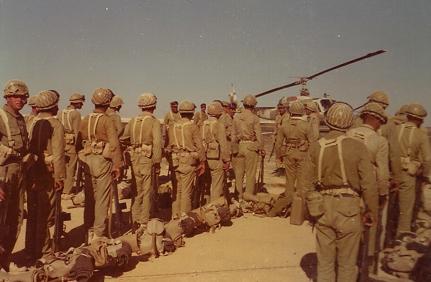
Iranian troops at a base in Uzbekistan

The flag of Iran
Meanwhile, in Central Asia, the Iranians had gained an honest to God sphere of influence. The Iranian Royal Army occupied the region for 4 years before allowing free and fair elections to be held. The results were wide and varied, from moderate Islamist parties in Kazakhstan and Turkmenistan, to liberal democrats in Tajikistan, and even socialists in Kyrgyzstan and Uzbekistan. Regardless of where the parties fell on the ideological spectrum, all of them embraced Tehran as a benefactor. In return for economic aid and a continued commitment to democracy, the Iranians would get first dibs on the various nations' oilfields, and would be allowed to build air bases. The military bases were part of an Americo-Iranian stratagem to contain an increasingly bellicose China. This suited the peoples of Central Asia just fine. If China managed to gain sway, there was a strong chance that they would essentially be reduced to vassal status. Iran generally left her sphere alone as long as certain limited conditions were met. This arrangement was infinitely preferable for the Central Asian nations, who did not wish to be tyrannized by another massive nation.
While Iran was busy extending its grip abroad, the Shah was also at work loosening America's grip on his own nation. Iran had long been somewhere between a client state and an ally. In view of Iran's growing power and confidence, it seemed like the right time to push for a move towards true ally status. The Iranian and American governments entreated for months, and the Shah met Nixon in his court in Tehran. To his surprise, Nixon was rather open to the idea, and the two worked in tandem with their legislatures and governments to loosen the American grip on Iran so the nation could be embraced as a full ally, no longer a client state of sorts. This might seem unusual, given what we know of Nixon's character and beliefs; he was a Unionist, an imperialist, and frankly something of a control freak. The loss of any major kind of control over an ally, especially one as important as Iran, might seem antithetical to these traits. However, Nixon might have been a bit dogmatic and paranoid, but he wasn't an idiot. By loosening the American grip on Iran, he was saving the nation's position in the Middle East. More importantly, it gave America an excellent way to contain China, who's ambitions had become a paranoid, vindictive obsession of Nixon's. Also part of the equation was Nixon's admiration for the Iranians as a people, which can be seen in his diary entries;
"The Persians are what I wish the Chinese could be. They're an old imperial race. Look at their history, and you'll see glories and empires that are some of the most epic in human history. The Chinese are the same. However, the Persian lacks the national or racial narcissism of the Chinese. He still strives for greatness, but does not feel entitled to domination. By contrast, the Chinese clearly feel that it is their right to dominate Asia, maybe even the world. If we are to contain that huge, aggressive mass that is China, we need all the help we can get."
Aside from these political developments, the Iranian nation was peaceful and continuing to prosper. Some Shiite clerics still wished to drag Iran towards fundamentalism, but their numbers were thinner than ever. However, Iran was still a conservative nation. Even as the US and others moved on into a more "funky" and liberal future, Iran was quite content with its unique take on the culture of the American 1950's. People just preferred to grill things other than hot dogs, although hamburgers became quite popular. Backing up this traditionalist view was the wave of imperial patriotism sweeping the nation, complete with a cultural outlook not dissimilar to the American conservative movement. Conservative Democrats for years to come would say that Iran was a cultural role model.

A "model Iranian family" circa 1975

Iranian troops at a base in Uzbekistan

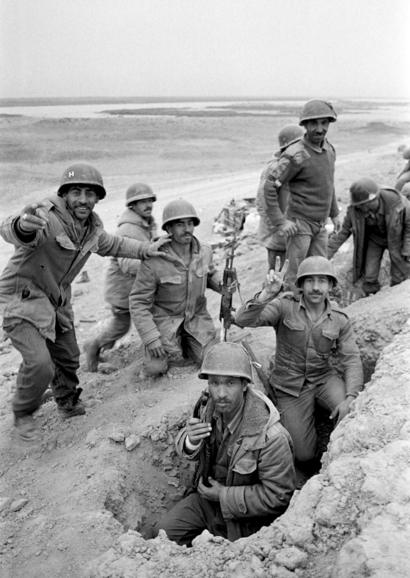

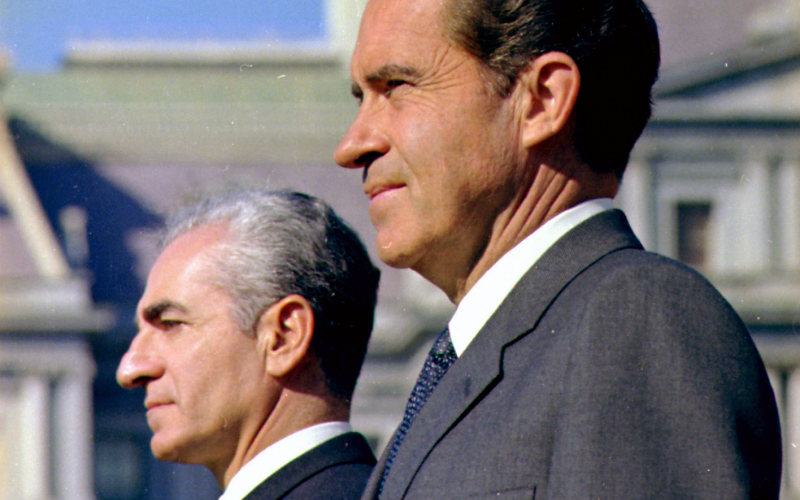


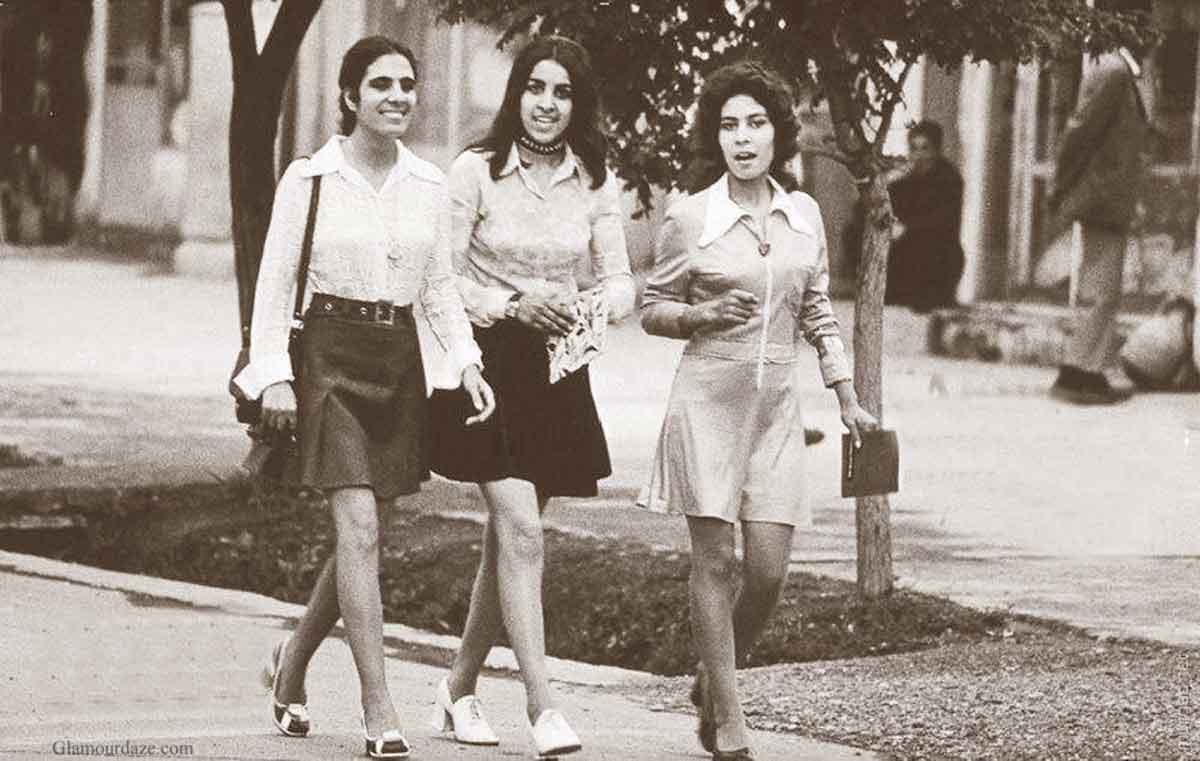

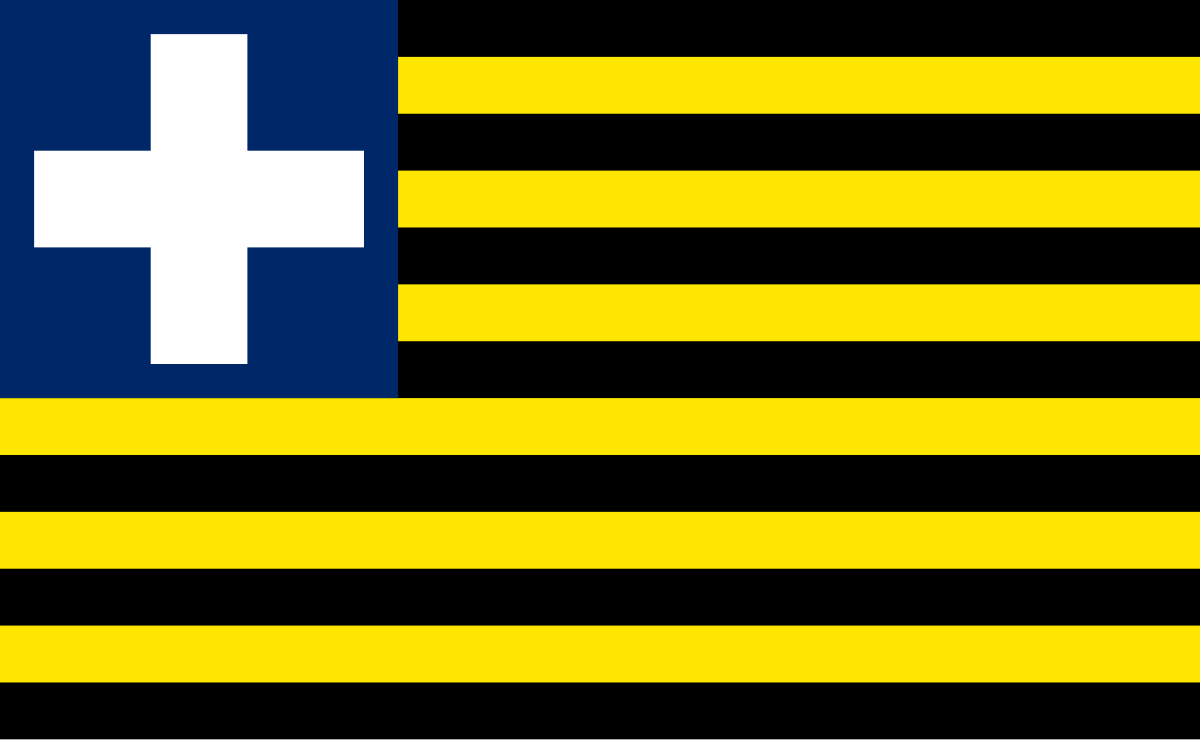


/arc-anglerfish-arc2-prod-tronc.s3.amazonaws.com/public/JRMK676K2VC7VNA3QA4SHSRJGI.jpg)

